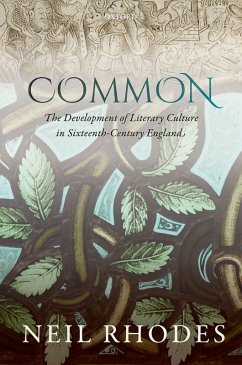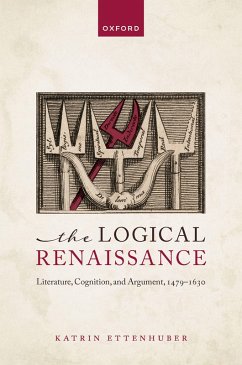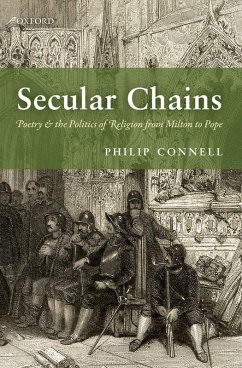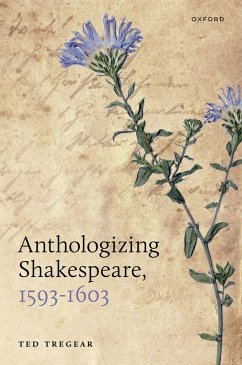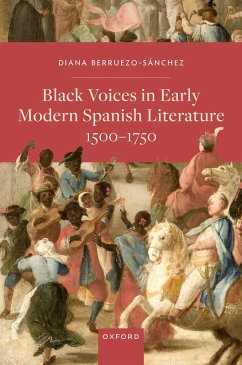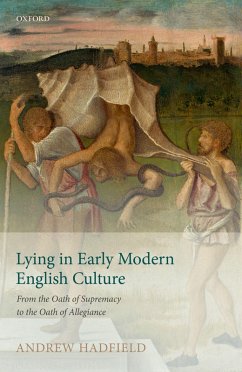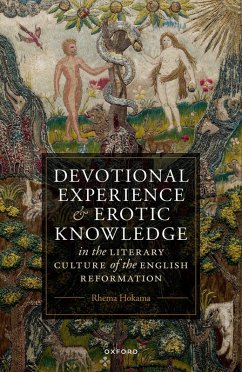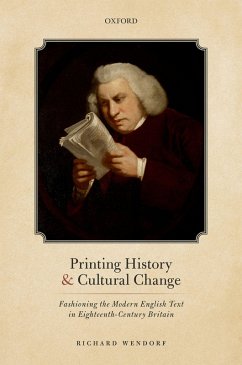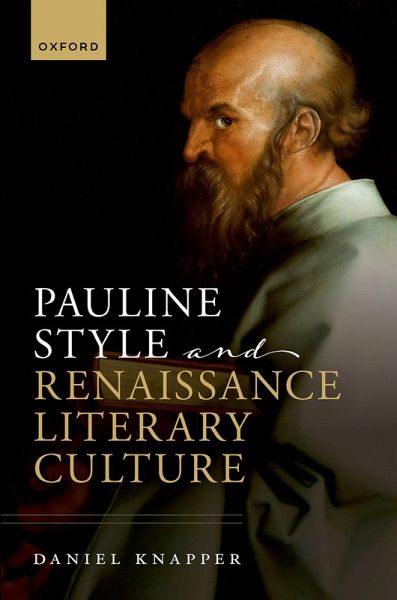
Pauline Style and Renaissance Literary Culture (eBook, PDF)
Versandkostenfrei!
Sofort per Download lieferbar
54,95 €
inkl. MwSt.
Weitere Ausgaben:

PAYBACK Punkte
27 °P sammeln!
As a major source of debate on theological topics such as the resurrection of body and soul, justification by faith, and predestination, the New Testament epistles of Saint Paul played a central role in the development of religious thought and practice across Reformation Europe. But in a period when Christian belief and Biblical knowledge permeated every aspect of human life, how did Paul's epistles inform Europe's literary and rhetorical cultures? How did scholars and artists respond, not just to Paul's provocative ideas, but also to his provocative manner of expressing them? Pauline Style an...
As a major source of debate on theological topics such as the resurrection of body and soul, justification by faith, and predestination, the New Testament epistles of Saint Paul played a central role in the development of religious thought and practice across Reformation Europe. But in a period when Christian belief and Biblical knowledge permeated every aspect of human life, how did Paul's epistles inform Europe's literary and rhetorical cultures? How did scholars and artists respond, not just to Paul's provocative ideas, but also to his provocative manner of expressing them? Pauline Style and Renaissance Literary Culture is the first critical history of Saint Paul's rhetorical style in the Renaissance, 1500-1700. It explores critical and creative responses to Paul's style across a wide range of mediums and genres, at a time when two powerful and confluent cultural forces--Humanism and Protestantism--profoundly altered conceptions of Biblical writing. Daniel Knapper argues that Paul's style developed into one of the most theoretically productive and artistically provocative styles of the Renaissance primarily because of its controversial reception among European Biblical humanists, who struggled to define and assess its volatile features, qualities, and expressive functions. This theoretical discourse directly impacted literary activity in England, shaping how and why English writers imitated Paul's style in their literary works. From the plays of William Shakespeare, to the devotional poetry of John Donne, to the courtly sermons of Lancelot Andrewes, to the polemical prose and epic poetry of John Milton, English writers imitated Paul's style--or, more precisely, a set of critically and culturally determined aspects of Paul's style--to produce specific aesthetic effects, reflect on pressing theological problems, and engage in heated religious controversies. In tracing the reception of Paul's style in Renaissance literary culture, this groundbreaking study reveals how and why English writers drew on Biblical models to develop their literary practices, even as it reveals how issues of style and rhetoric shaped Biblical interpretation and theological discourse in the contentious religious crucible of Reformation Europe.
Dieser Download kann aus rechtlichen Gründen nur mit Rechnungsadresse in A, B, BG, CY, CZ, D, DK, EW, E, FIN, F, GR, HR, H, IRL, I, LT, L, LR, M, NL, PL, P, R, S, SLO, SK ausgeliefert werden.




